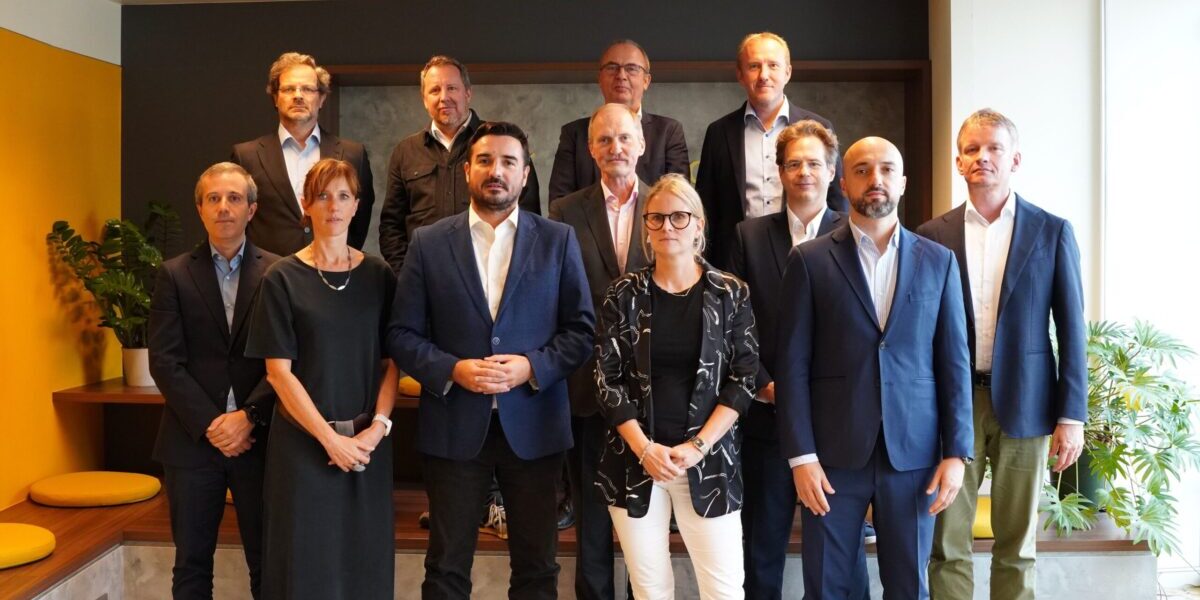SolarPower Europe has called for measures to protect the European solar industry, but has rejected tariffs or trade barriers as suitable solutions to current challenges. In a joint statement during their recent quarterly meeting in Brussels, the board members of SolarPower Europe addressed current market dynamics, which they described as a “perfect storm” caused by excessive demand, leading to a drop in PV module prices and other system components.
The board proposed three solutions to address the situation. First, they suggested that the European Union should adapt its aid rules in the Temporary Crisis Framework (TCTF) to allow member states to support factory operating costs.
Second, they called for the creation of demand for European PV products, which could be achieved through European “resilience auctions” under the EU's Net Zero Industry Act.
Lastly, the statement called for the establishment of a financing instrument for European PV products, suggesting the creation of a “Solar Manufacturing Bank” to provide cost-effective financing.
Popular content
SolarPower Europe emphasized that these initiatives could be launched promptly with the right political will. However, the board explicitly rejected the imposition of tariffs, stating that trade barriers would hinder expansion and result in a lose-lose scenario.
“Tariffs are not a good answer to the current challenges in the European solar industry; there are better and, above all, faster instruments for the development of European solar production,” said Gunter Erfurt, board director of SolarPower Europe and the CEO of Meyer Burger. “Instead of sanctioning the entire industry through tariffs, we must incentivize solar installations that originate from resilient European solar production. This way, the deployment of solar energy can continue undisturbed while the European solar manufacturing can grow steadily. In the coming weeks, the EU has the chance to implement the basic principles of this resilience system in its planned Net Zero Industry Act.”
SolarPower Europe President Aristotelis Chantavas said that trade barriers might not be the most effective approach. Instead, he urged the European Union to look to the US Inflation Reduction Act as a model when shaping its industrial strategy. Under this program, the US authorities have allocated approximately $400 billion (€380 billion) in investment incentives for various emerging industries. The energy sector, including the solar industry, received incentives of $250 billion to encourage more investment and the establishment of production facilities across the United States.
This content is protected by copyright and may not be reused. If you want to cooperate with us and would like to reuse some of our content, please contact: editors@pv-magazine.com.



By submitting this form you agree to pv magazine using your data for the purposes of publishing your comment.
Your personal data will only be disclosed or otherwise transmitted to third parties for the purposes of spam filtering or if this is necessary for technical maintenance of the website. Any other transfer to third parties will not take place unless this is justified on the basis of applicable data protection regulations or if pv magazine is legally obliged to do so.
You may revoke this consent at any time with effect for the future, in which case your personal data will be deleted immediately. Otherwise, your data will be deleted if pv magazine has processed your request or the purpose of data storage is fulfilled.
Further information on data privacy can be found in our Data Protection Policy.